Global Winter School Edition I
Welcome to the Global Winter School Edition I, a distinctive exchange program providing international students with a firsthand understanding of rural India’s local milieu. Through exploration in the Pali district of Rajasthan, participants gain insights into the region’s socio-economic, cultural, legal, geographical, and political dynamics, offering a microcosm of the country’s diversity.
Program Structure
“Continuity through Change: Understanding the RuralScape through a Global Lens“
Our program is themed around grounding international youth in local realities while providing a global orientation to domestic participants. Over two weeks, participants engage in a blend of classroom sessions, expert lectures, and practical field exposure. Additionally, they contribute to village development by creating knowledge products and tangible assets.
Themes Explored:
Dive into the captivating tapestry of global cultures and societal intricacies at Global Winter School Edition I – where curiosity meets enlightenment!

Unearthing Cultures:
History and culture of India are a testament to its rich tapestry of diversity and resilience, tracing back to the enigmatic civilization along the Indus River and the flourishing farming communities of its southern lands. The concept of ‘Unity in Diversity’ finds profound resonance here, as India continually integrates migrating peoples with the diverse cultures surrounding it. From Rabindranath Tagore’s assertion that education fosters understanding to Mahatma Gandhi’s belief in the cultural soul of a nation residing in its people’s hearts, India’s cultural practices, spanning every state, city, and village, reflect a dynamic fusion of traditions. Each locale contributes its unique vibrancy to the collective heritage, encapsulating the essence of India’s timeless journey through history.

Governance at grassroots level:
It forms the bedrock of a thriving democracy. The effectiveness of local associations and grassroots democracy hinges on the promotion and acknowledgment of indigenous knowledge systems. The vitality and energy of citizens’ participation and local institutions fuel the momentum of grassroots democracy. These associations not only facilitate governance but also foster community engagement and empowerment. Recognizing the significance of grassroots initiatives and indigenous knowledge amplifies democratic principles and ensures inclusive decision-making processes. Ultimately, nurturing governance at the grassroots level bolsters the resilience and sustainability of democratic governance, empowering communities to actively shape their collective destinies.

Women in Action:
It symbolizes a paradigm shift from traditional gender roles to empowerment and influence across diverse backgrounds. Historically confined to domestic spheres, women now strive to uplift themselves and their communities. Beyond economic viability, this movement emphasizes emotional well-being and personal growth. Whether pursuing business ventures or personal aspirations, women are encouraged to strive towards their goals. This holistic approach fosters not only individual progress but also societal advancement. By empowering women to take charge of their lives and futures, Women in Action exemplifies a transformative force shaping a more equitable and inclusive society.

Social Change through Education:
Throughout history, the notion that ‘law is an instrument of social change’ has prevailed, but contemporary perspectives increasingly recognize education as the primary catalyst for societal transformation. Education is now widely regarded as the foremost tool for effecting change, earning its reputation as the ‘instrument of social change.’ By instilling new attitudes, fostering a desire for progress, and equipping individuals with the capacity to embrace and adapt to change, education fuels the engine of societal evolution. Its impact spans various dimensions, including the evaluation and adaptation of social norms. While this list is not exhaustive, it underscores the pivotal role of education in driving positive social change, heralding a new era where knowledge is not just power but also a force for transformative progress.
Our Speakers
Visionary speakers ignite minds, sparking dialogues that shape tomorrow’s leaders.

Prof. Dr. Boike Rehbein
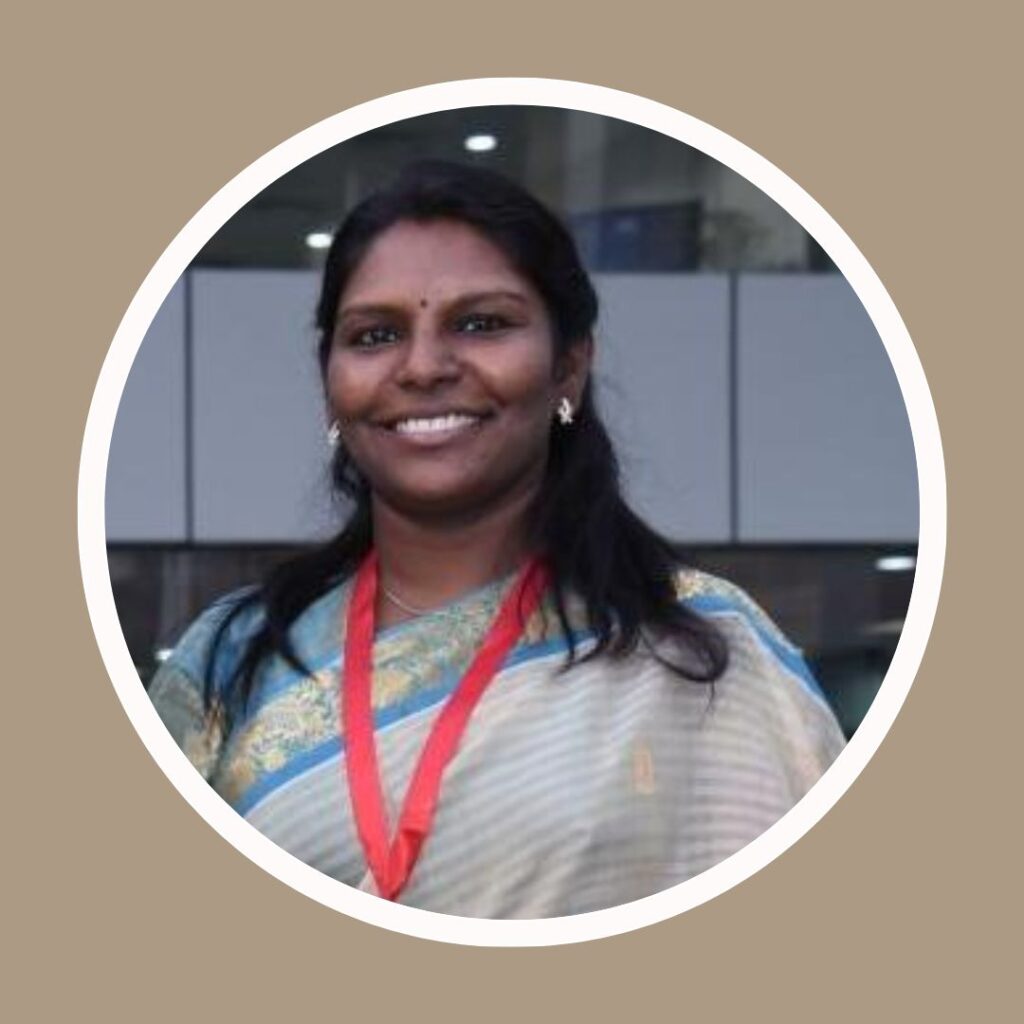
Ms. K.B. Vandana

Dr. Sadhana Meghwal

Dr. Devaram Meghwal
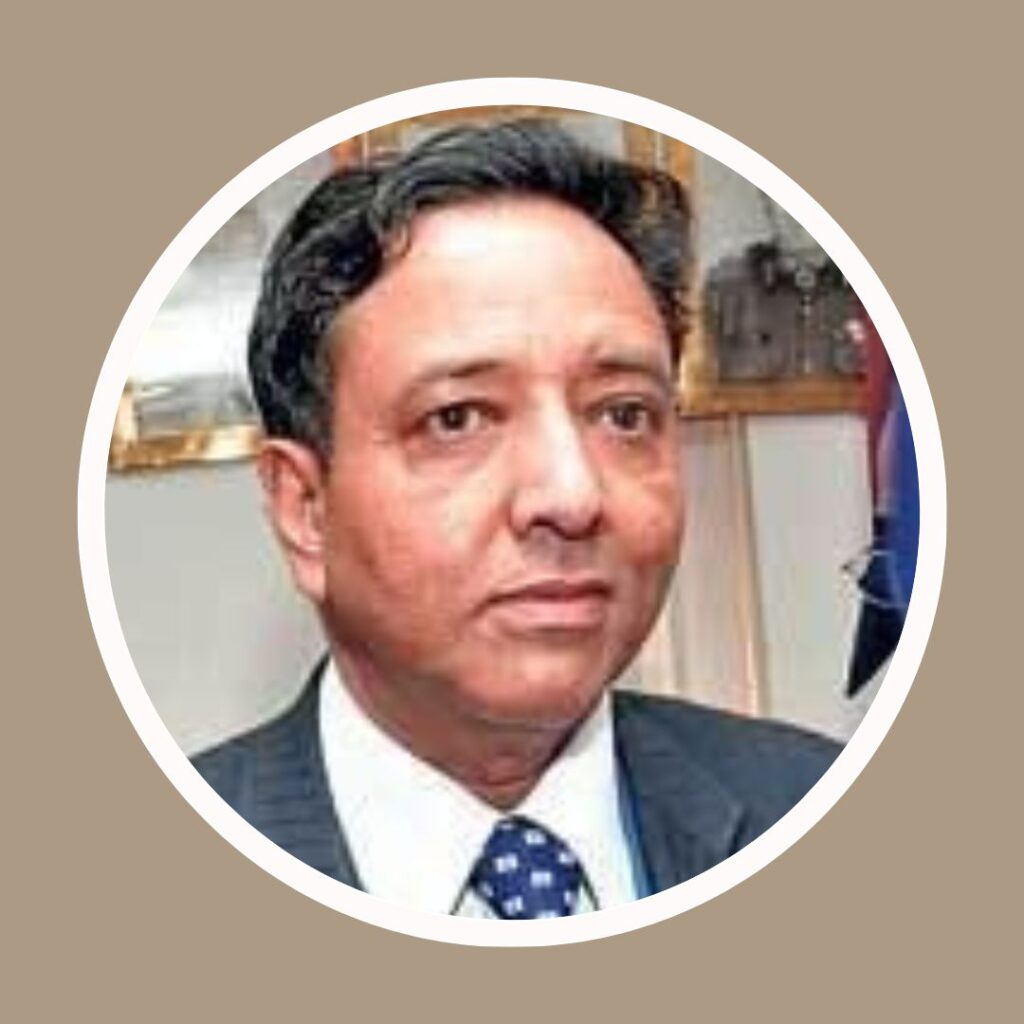
Shri. M.L. Kumawat, IPS
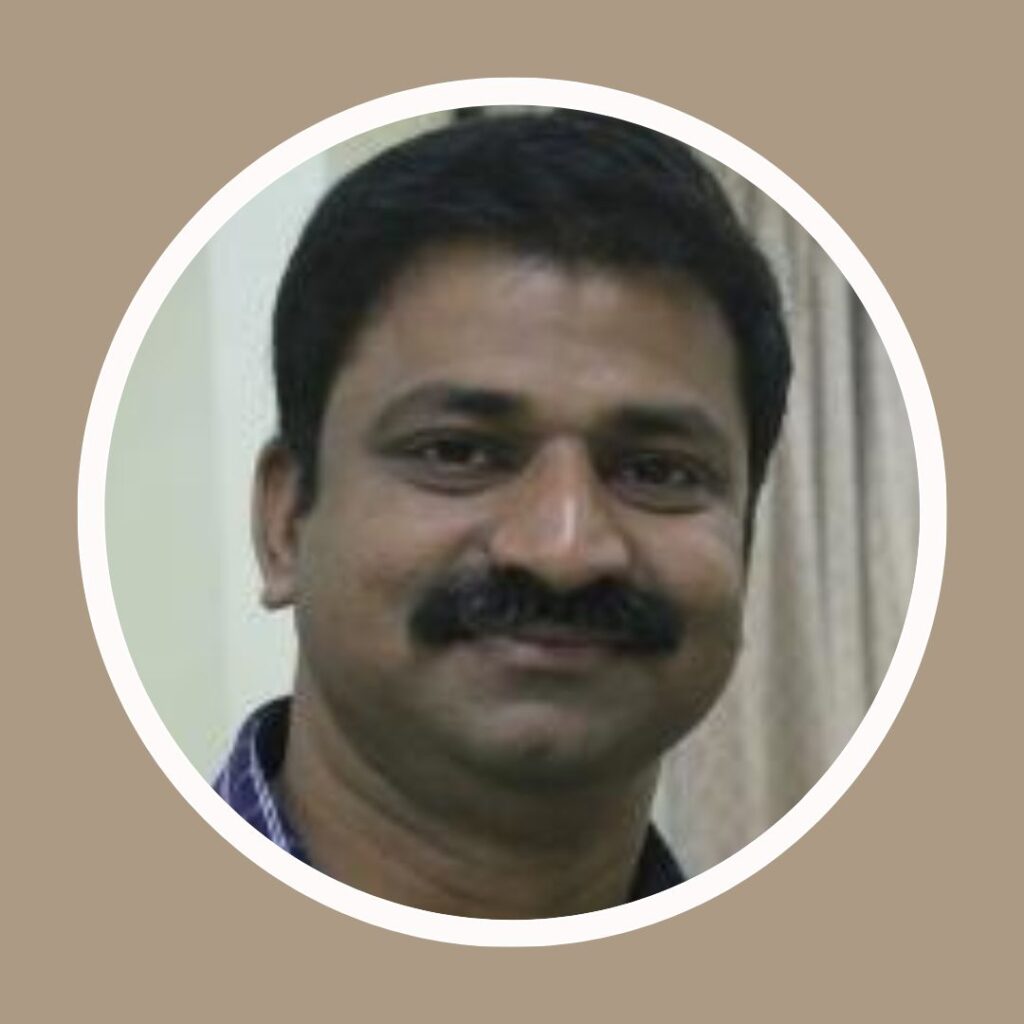
Dr. Burton Cleetus

Varun Jain

Lt. Arjun Choudhary

Dr. Tamer Söyler

Anil K. Antony

Dr. Kanika Panwar

Dr. Pooja Paswan:
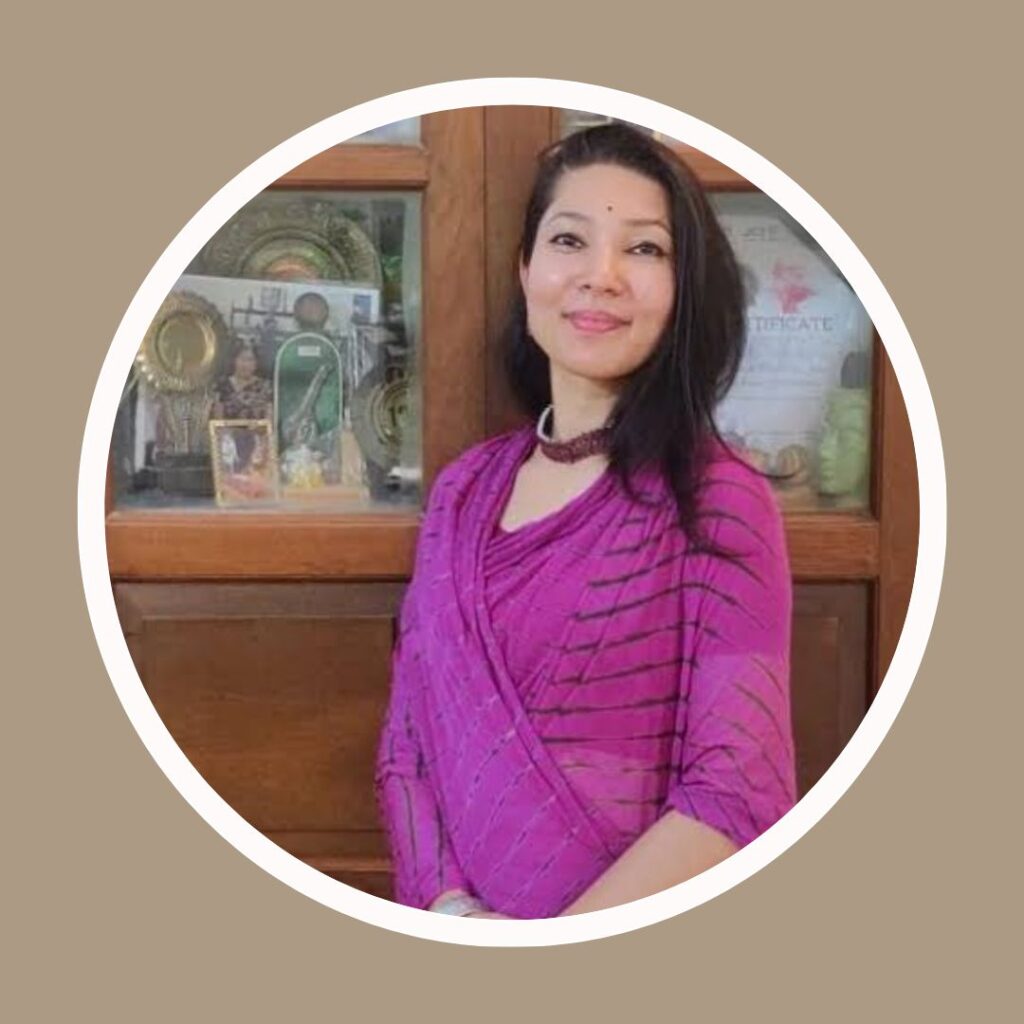
Dr. Piyushree Shukla
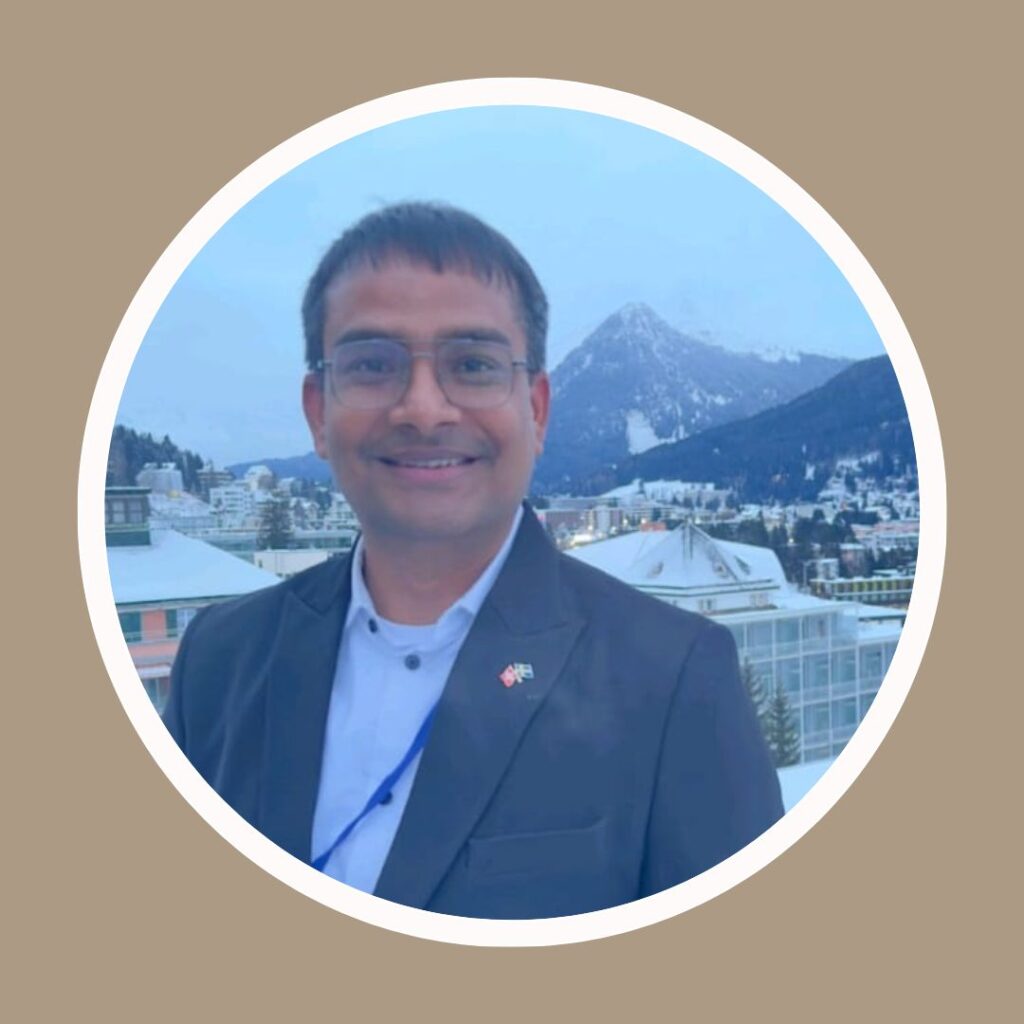
Mr. Bibhu Mishra
Timeline for GWS Edition I
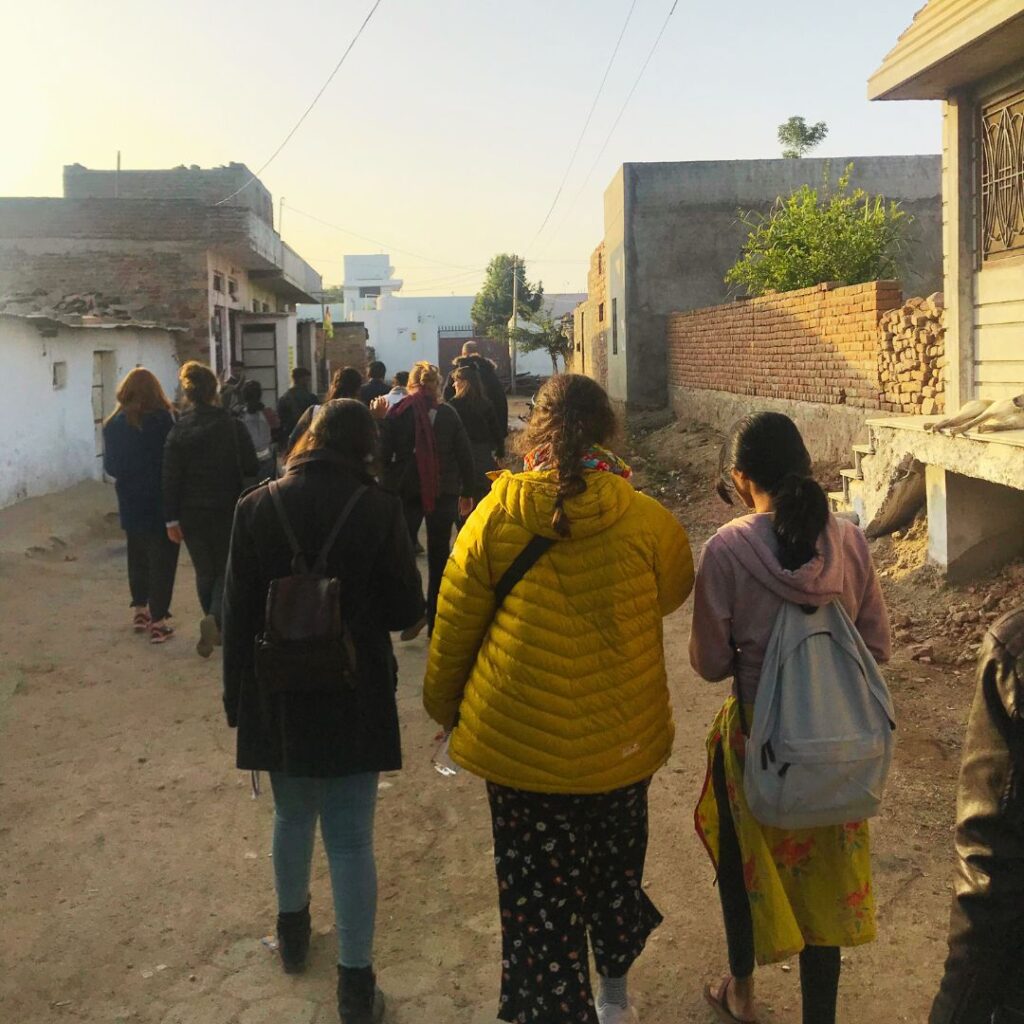
DAY 1
January 3rd , 2020
Day one marked the arrival of the participants from different corner at pali followed by an ice-breaking session by Mr. Akshay Barik, Political Strategy Consultant as well as the part of the Organizing Committee. This was followed by a candid talk with Dr. Vishnu Ramdeo, Director of Ramdeo Institute Of Management And Science, Founder – Cultural Bridge.

DAY 2
January 4th , 2020
The Global Winter School 2020, led by Dr. Vishnu Ramdeo, explored “Continuity Through Change” in Pali’s rural landscapes. Sessions featured Prof. Dr. Boike Rehbein on global capitalism, Ms. Deepti Chaturvedi on women’s education struggles, and discussions on sci-tech, English proficiency, and law enforcement challenges. The event culminated in a bonfire session, fostering new bonds at Mount Litera Zee School, Pali.
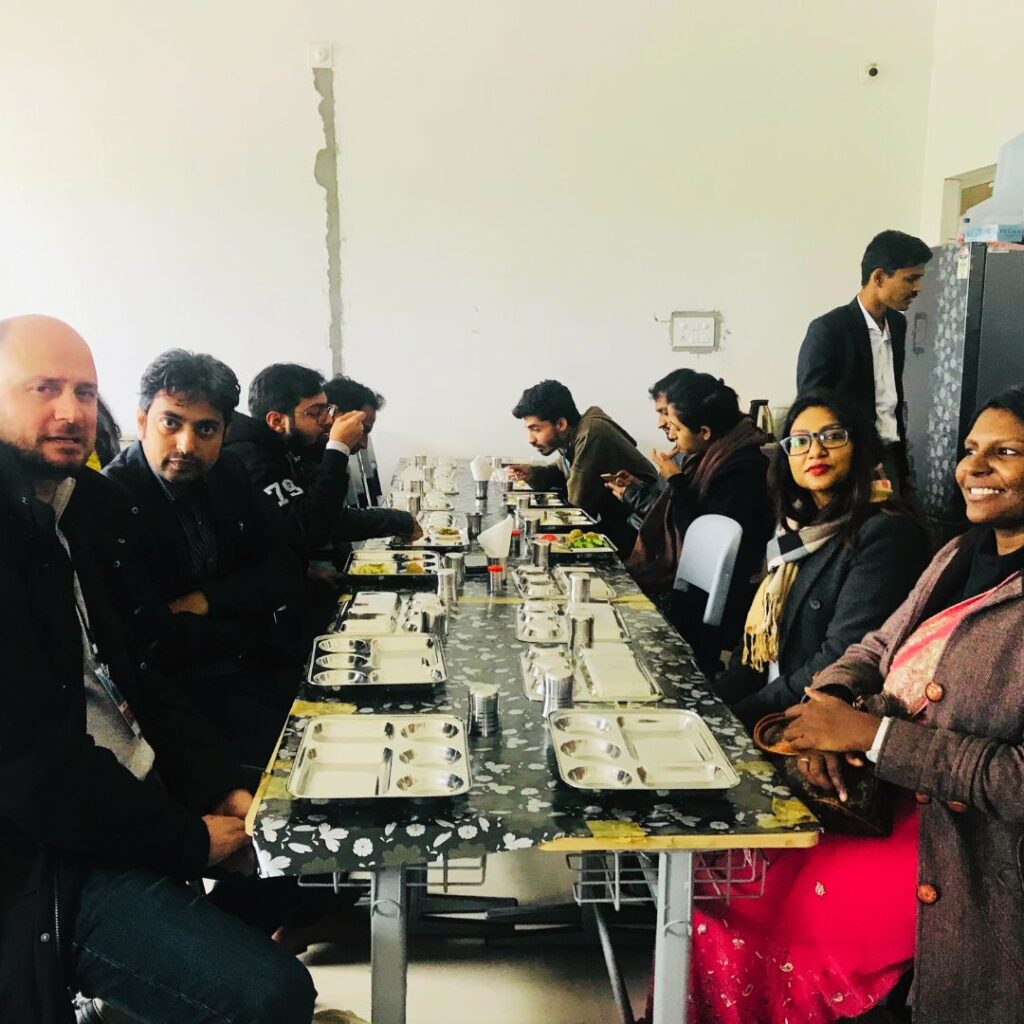
DAY 3
January 5th , 2020
Day three of GWS focused on gender inequalities, led by Prof. Dr. Boike Rehbein and discussions on capitalism’s impact. Shri M.L Kumawat and women officers shared law enforcement experiences, with insights from Ms. Kiran Bedi, IPS. Dr. Kanika Panwar advocated for gender budgeting, while participants visited police stations in Pali, brainstorming solutions. The day ended with gratitude to the women officers.

DAY 4
January 6th, 2020
Day four kicked off with Mr. Bibhu Mishra, a German Chancellor Fellowship recipient, leading sessions on teamwork, collaboration, and leadership skills. The first session, ‘Win as much as you can,’ explored teamwork dynamics through game theory. The subsequent session focused on community-led entrepreneurship, especially initiatives empowering women. Mr. Akshay Barik’s engaging session highlighted art’s role in promoting peace. The day ended with a documentary screening on casteism’s social implications in India.

DAY 5
January 7th , 2020
On day five, Dr. Burton Cleetus challenged norms with “Science is the ideology of capitalism,” while Dr. Sadhna Meghwal delved into Rajasthan’s cultural impact on social issues. Dr. Piyushree Shukla celebrated Rajasthan’s musical heritage. Field visits to museums and a traditional Brahmin household enriched understanding of Rajasthan’s culture.

DAY 6
January 8th , 2020
Prof. Dr. Boike Rehbein delved into social stratification and caste systems, highlighting inequalities and cultural capital reproduction. Dr. Pooja Paswan examined sustainable development goals and Maslow’s hierarchy of needs’ impact on inequalities. Participants brainstormed solutions interactively. Mr. Akshay Barik and Ms. Garima Pundir discussed research ethics. A visit to Ramasiya pottery village sparked discussions on rural livelihoods and education, enhanced by children’s enthusiasm.

DAY 7
January 9th , 2020
The day commenced with vibrant cultural exchanges, including Bollywood dances and classical performances, fostering camaraderie. Mr. Akshay Barik and Ms. Garima Pundir emphasized research ethics’ importance. A visit to Ramasiya village provided insights into rural life, enhanced by children’s enthusiasm. Global Shapers, Jaipur, discussed mental health and LGBTQ+ issues, fostering understanding and dialogue.
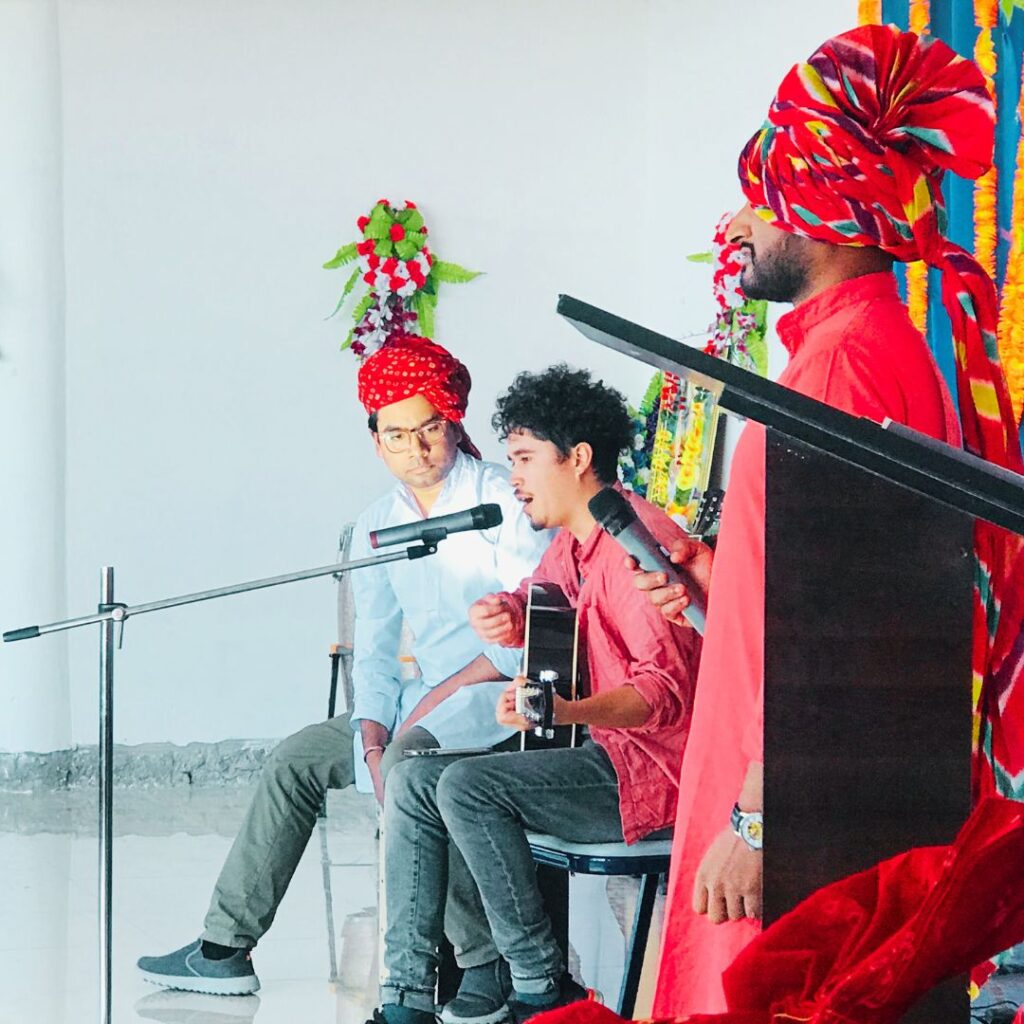
DAY 8
January 10th , 2020
Day eight began with Mr. Varun Jain’s inspiring talk on youth’s role in nation-building through entrepreneurship. Lt. Arjun Choudhary discussed technology’s impact on democracy, focusing on its role in elections. Mr. Anil K. Antony explored social media’s influence on politics, addressing misinformation. Dr. Meenakshi Punia introduced grassroots democracy concepts. Field visits provided insights into local governance, including discussions with Municipal Council President Rekha Bhati and Khoud Village Sarpanch Rajeshwary Bhati. A visit to a Dalit village highlighted enduring caste-based discrimination, fostering deeper understanding.
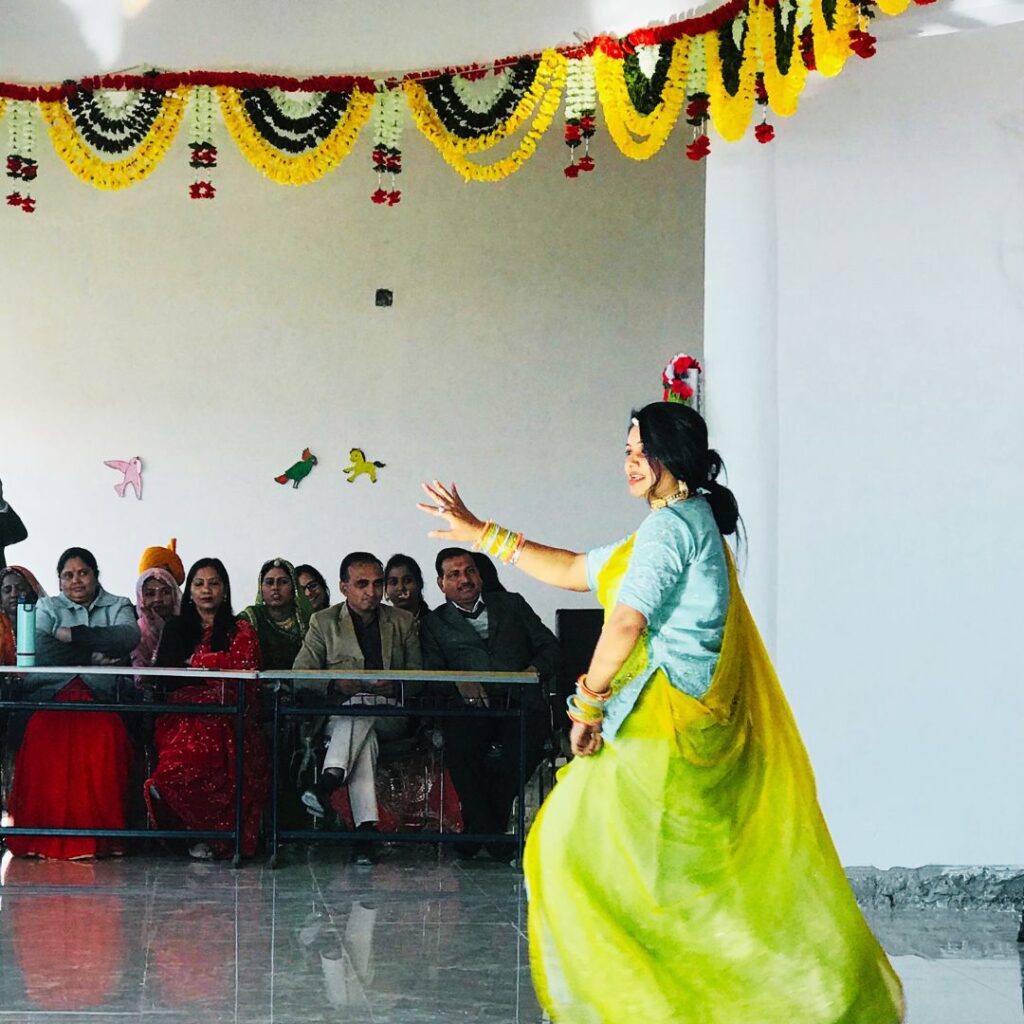
DAY 9
January 11th , 2020
The day included a visit to Ranakpur Jain Temple, offering solace and a cultural experience. An archaeological site showcased ancient relics, emphasizing historical significance. A permanent chair honoring Th. Sajjan Singh Rathore was established. The valedictory session praised participants’ efforts, marking the successful end of the school. With certificates awarded, the school’s aim of cultural exchange and learning was achieved. The day ended with celebratory bonfires, fostering camaraderie among attendees.
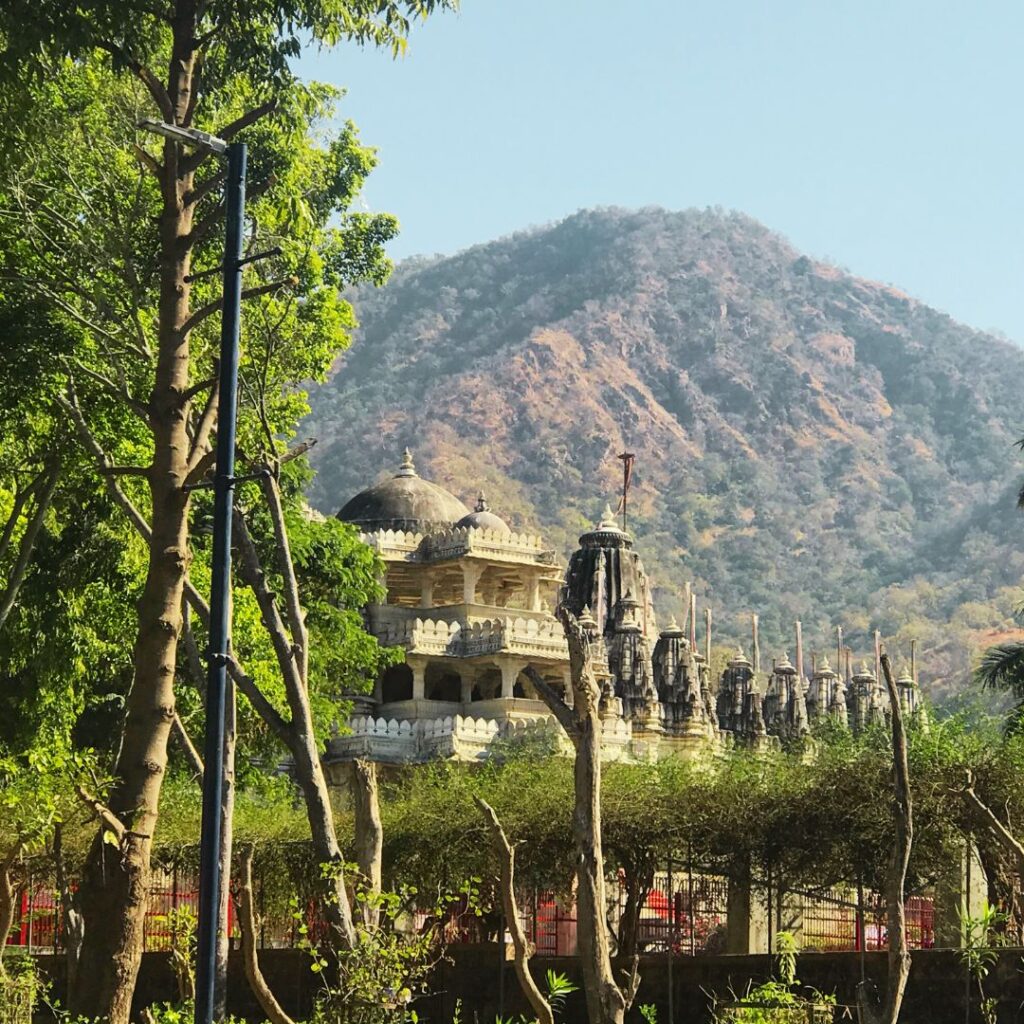
DAY 10
January 12th , 2020
As goodbyes were exchanged, hearts felt heavy, yet filled with hope to continue bridging cultures and staying connected to our roots in a more profound manner.
Embark on a transformative journey with us at the Global Winter School Edition I, where learning transcends borders, and understanding bridges cultures.
